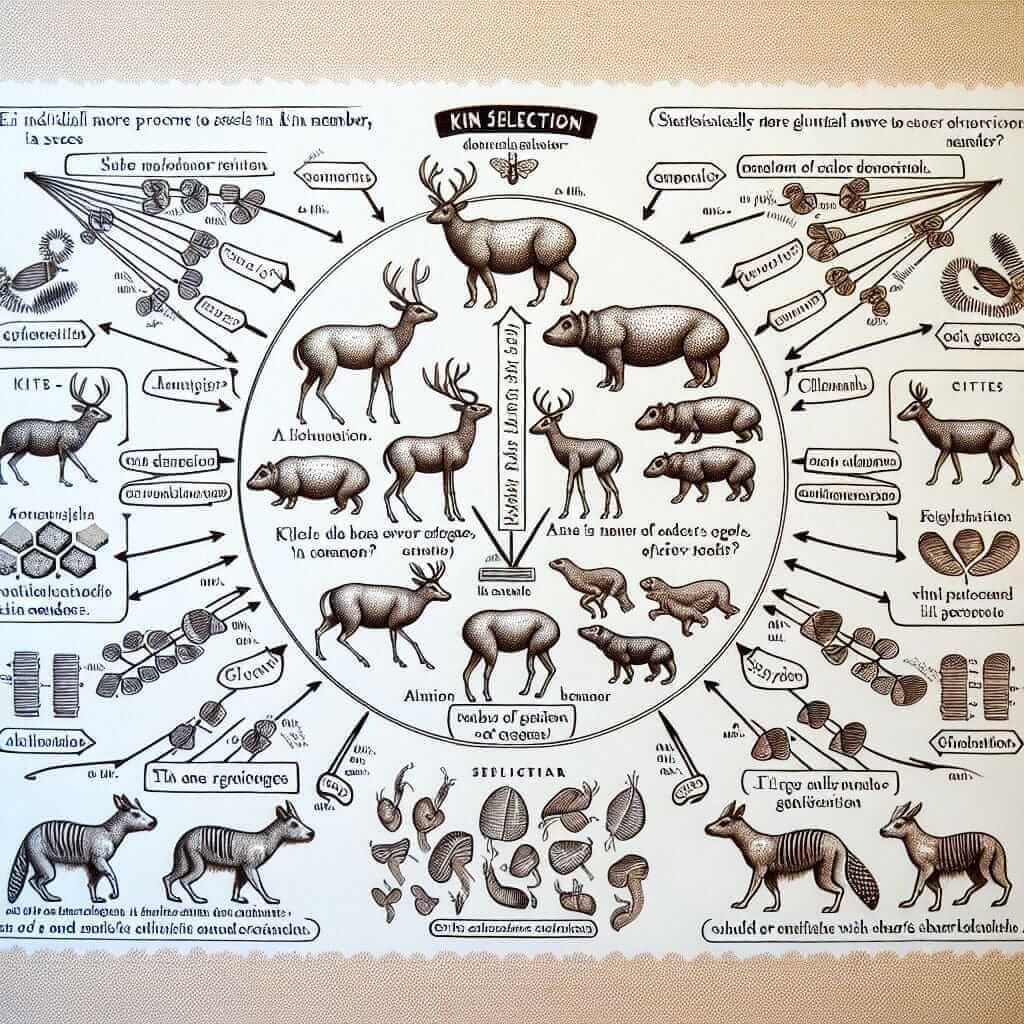As an IELTS instructor with over 20 years of experience, I often encounter students perplexed by the recurring theme of “altruism” or “why we help each other” in IELTS Reading passages. This isn’t surprising as the IELTS exam aims to assess your comprehension of complex societal themes, and altruism, with its various theories and interpretations, fits the bill perfectly.
This article will delve into the intricacies of this topic, equipping you with the knowledge and strategies to confidently tackle any IELTS Reading passage centered around altruism.
Understanding the Significance of Altruism in IELTS Reading
The IELTS exam goes beyond simply testing your English proficiency; it evaluates your ability to understand and analyze complex ideas. The theme of altruism allows examiners to gauge your grasp of:
- Sociology and Psychology: Why do humans, even at a personal cost, help others? This delves into theories of kin selection, reciprocal altruism, and the debate of nature vs. nurture.
- Evolutionary Biology: Passages might explore if altruism offers a survival advantage, linking back to concepts of cooperation and group selection.
- Philosophy and Ethics: The very nature of altruism, whether truly selfless actions exist, and the ethical implications of helping others are all potential discussion points.
Deconstructing the IELTS Reading Passage on Altruism
When faced with a passage on “why we help each other”, follow this strategic approach:
- Identify the Author’s Purpose: Is the author presenting a specific theory, comparing different perspectives, or analyzing the consequences of altruistic behavior?
- Focus on Key Arguments: Pay attention to the supporting evidence and examples used to justify each viewpoint. Are they based on scientific studies, anecdotal evidence, or philosophical arguments?
- Vocabulary in Context: Be prepared to encounter terms like “empathy,” “cooperation,” “reciprocity,” “selflessness,” and their antonyms. Understanding how these words are used within the passage is crucial.
Example from an IELTS Reading Passage
Let’s analyze an excerpt:
“Kin selection, a theory popularized by William Hamilton, suggests that individuals are more likely to act altruistically towards those they share genes with. This is often illustrated by the protective behavior of parents towards their offspring, ensuring the survival of their shared genetic material.”
- Key Argument: Kin selection explains altruism as a way to ensure the survival of shared genes.
- Supporting Evidence: Parental protection of offspring is cited as an example.
- Vocabulary: “Kin selection,” “genes,” “altruistically,” “offspring” are crucial to understanding the concept.

Tips for Success
- Read Widely: Familiarize yourself with articles and research papers on altruism, evolutionary biology, and social psychology.
- Practice Paraphrasing: Rephrase complex ideas from the passage in your own words to ensure comprehension.
- Time Management: Allocate your time wisely, focusing on understanding the key arguments and supporting evidence.
Conclusion
Mastering the theme of “why we help each other” in IELTS Reading demands a multi-faceted approach. By understanding the underlying concepts, honing your analytical skills, and practicing strategically, you’ll be well-prepared to excel in this fascinating and frequently appearing topic. Remember, consistent effort and strategic practice are the keys to unlocking your full potential in the IELTS Reading section!